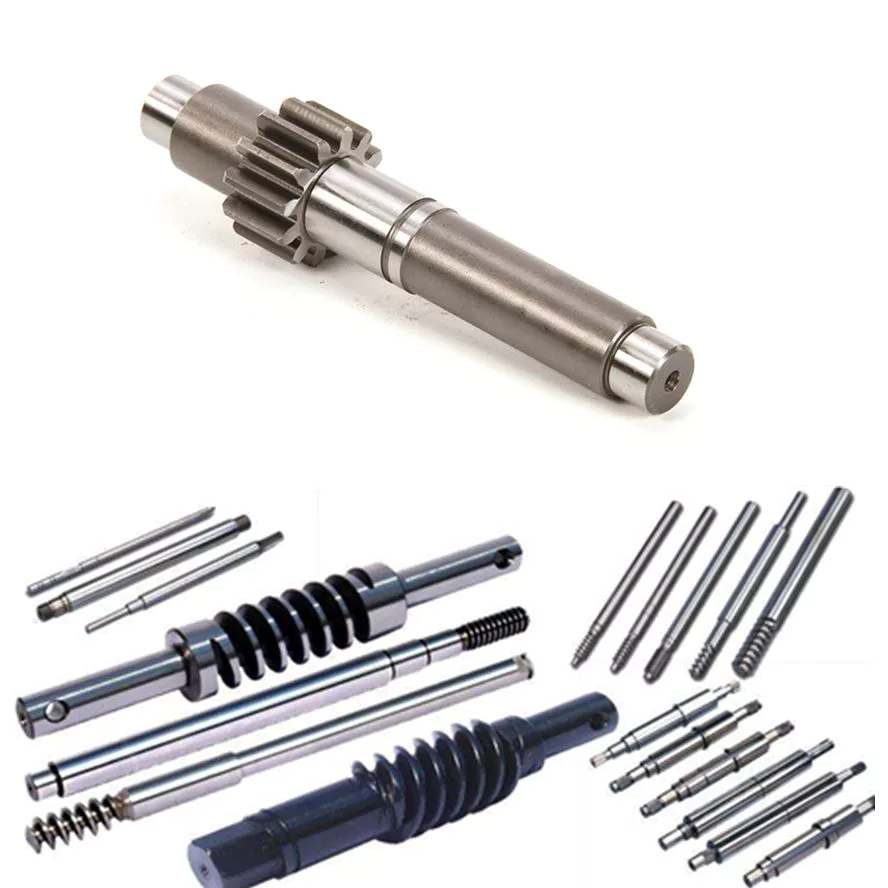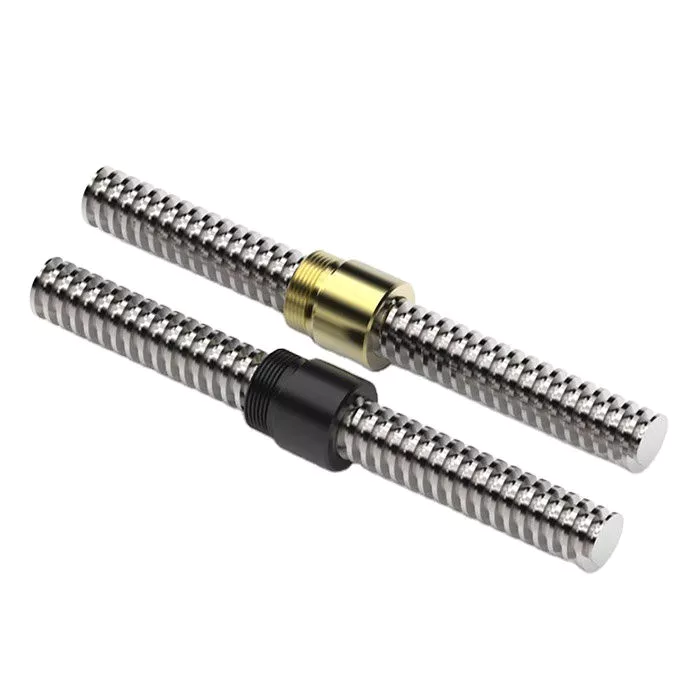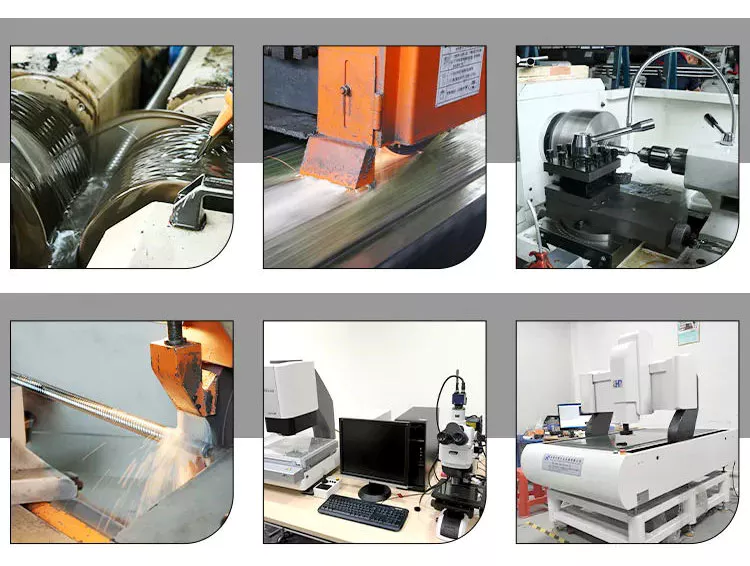Product Description
ISUZU GIGA Stud Bolt and Nut:
Stud bolt is a high-strength bolt connecting the wheels of the vehicle. The connection position is the hub unit bearing of the wheel! General mini vehicle use level 10.9, and large and medium-sized vehicles use level 12.9! The structure of hub bolt is generally spline gear and thread gear! And a hat! Most of the T-head hub bolts are above grade 8.8, which undertakes the large torque connection between the automobile hub and the axle! Most of the double headed hub bolts are above grade 4.8, which undertake the connection of light torque between the automobile outer hub shell and the tire.
Hub nut is a special nut used to fix the outer hub of the automobile. Because of the uncertainty of the automobile nut, there is no national standard for the automobile nut, but the general model is roughly the same as the ordinary hexagon nut, and there are also various models in the middle of m12-m42. Compared with ordinary hexagonal nuts, hub nuts are generally thicker than hexagonal national standard nuts of the same specification, and they are generally fine teeth, and the thread pitch is roughly 1.5mm and 2.0mm. The shape is the same as hexagonal nuts, and they are equilateral hexagonal, but there will be a taper at 1 end of the nut. Some of the taper will have a step to place nylon washers for locking, and some sides have no steps! Some hub nuts have a flange in the conical part, and generally if there is a flange on the outside, there will be a step to place the nylon washer on the inside, while the general hexagon nut has a cone!
Truck Spare Parts For ISUZU:
New Giga,VC46,Forward, F-Series, FRR210 FRR190,M600,M100,KV600, KV100,ELF NKR, ELF NPR150 NQR175 NMR130 NLR130,ELF NKR 2006 ELF NPR 2006,GIGA CXZ EXR,ROCKY CXZ CVR EXR,ROCKY FTR FSR,NPR120,NPR115,NPR 2016.
Contact
Mr. Allen
Related Product Catalogue & Factory Pictures:
Contact
Mr. Allen
FAQ
Q: How much does a truck cost?
A: It depends on different models and different specs.
Q: How do I get a quotation?
A: We will answer your inquiry within 48 hours after you reach out to us by email or phone call.
Q: How long is your delivery time?
A: In general, it will take 40 to 70 days after receiving your advance payment. The specific delivery time varies with different models and the quantity of your order.
Q: What is your terms of delivery?
A: EXW , FOB and CIF
Q: What is your shipping arrangement?
A: By container, bulk carrier, ro-ro etc.
Q: Do you provide customized service?
A: Yes, our engineer can design the appropriate data after you send us your requirement.
Q: Do you have after-sales service?
A: All of our models come with a warranty. Different parts have different warranty periods.
After-Sale Service
Quality Assurance
We are the most professional manufacturer and distributors of CZPT truck in China. We are specializing in QINGLING CHINA CZPT chassis, special purpose trucks, and CZPT spare parts. Nowadays QINGLING CHINA CZPT has established a complete process manufacturing chain from rough, parts and assembly manufacturing to vehicle assembly.
Services Included
1. Warranty Period
We provide you with 24 months or 50,000 kilometers warranty service.
Please use genuine parts of QingLing CZPT Motors during maintenance and repair of the vehicle. QingLing CZPT Motors will not bear any responsibility for direct or indirect losses caused by the use of non-genuine parts.
2. Technical Support
We provide global technical support, our specialist technicians will provide the appropriate response to your needs in record time just when you need it.
Company information
CIMC VECHICLE Was Founded By CIMC Group. CIMC have its own production C & C brand truck. Other heavy truck CIMC produces the truck body, more than 2, 000 kinds of truck body for different transportation purpose. The truck chassis cooperates with ISUZU, FAW, XIHU (WEST LAKE) DIS.FENG DFAC, SHACMAN, SINOTRUK, FOTON, BEI BEN, JAC, CAMC, ZheJiang HYUNDAI, SAIC-Iveco and so on, include all truck chassis brand production in China. There is strategic cooperation between CIMC and CHINA ISUZU.
Brief Introduction Of China ISUZU:
CHINA CZPT was established in accordance with Qingling Motors Group’s requirements for global market management. Our business has been adhering to Qingling’s high-quality service and philosophy. Our primary activity is the selling of Qingling CZPT Chassis, modified trucks for various purposes based on Qingling CZPT Chassis, and spare parts to the customers all over the world. Our products have been currently sold and exported to the Philippines, Japan, South Korea, Germany, Peru, South Africa, Chile, Costa Rica, Jamaica and other countries. At the same time, we continue to develop into new overseas markets.
China CZPT insists and focuses on the main business of Qingling CZPT commercial trucks, sticking to the development philosophy of “assisting more people to use world-class commercial vehicles”, while also emphasizing international collaboration and specially modified vehicle strategy.
Faced with fierce competition in the automotive industry, continuous improvements of emissions, fuel consumption, and other regulations, the profound changes in the industry brought about by new energy, IOV, and intelligence, as well as the challenges posed by the continued decline in profitability of major commercial truck companies. China CZPT actively accept changes, improving product competitiveness through technological innovation, and focusing on the development of specially modified vehicles based on Qingling CZPT Chassis.
On 1 side, we are optimizing the traditional fuel vehicle sector, strengthening high-quality supply, and constantly enhancing the technical content of special vehicles which Qingling CZPT vehicle modified to adapt to the demand structure’s changes properly. On the other side, we actively promote the development of special vehicles with Qingling Isuzu’s new energy vehicle chassis modifications. We have 2 major platforms with 3 generations of product development under our belt, as well as 11 pure electric vehicles.
China CZPT faces the international market, competes on a quality-based and differentiated basis, and implements new ideas, takes on new actions, and strives to build a first-class domestic and internationally renowned comprehensive automobile trading industry group with a never-slack mental state and an indomitable attitude of striving to enter a new era.
Contact information
CIMC VEHICLES SALES CO., LTD.
Address: 8floor, Cimc Plaza, No. 10 West HangZhou Rd, HangZhou, ZheJiang , China
Website: yzcimc
Types of Screw Shafts
Screw shafts come in various types and sizes. These types include fully threaded, Lead, and Acme screws. Let’s explore these types in more detail. What type of screw shaft do you need? Which 1 is the best choice for your project? Here are some tips to choose the right screw:
Machined screw shaft
The screw shaft is a basic piece of machinery, but it can be further customized depending on the needs of the customer. Its features include high-precision threads and ridges. Machined screw shafts are generally manufactured using high-precision CNC machines or lathes. The types of screw shafts available vary in shape, size, and material. Different materials are suitable for different applications. This article will provide you with some examples of different types of screw shafts.
Ball screws are used for a variety of applications, including mounting machines, liquid crystal devices, measuring devices, and food and medical equipment. Various shapes are available, including miniature ball screws and nut brackets. They are also available without keyway. These components form a high-accuracy feed mechanism. Machined screw shafts are also available with various types of threaded ends for ease of assembly. The screw shaft is an integral part of linear motion systems.
When you need a machined screw shaft, you need to know the size of the threads. For smaller machine screws, you will need a mating part. For smaller screw sizes, the numbers will be denominated as industry Numeric Sizes. These denominations are not metric, but rather in mm, and they may not have a threads-per-inch designation. Similarly, larger machine screws will usually have threads that have a higher pitch than those with a lower pitch.
Another important feature of machine screws is that they have a thread on the entire shaft, unlike their normal counterparts. These machine screws have finer threads and are intended to be screwed into existing tapped holes using a nut. This means that these screws are generally stronger than other fasteners. They are usually used to hold together electronic components, industrial equipment, and engines. In addition to this, machine screws are usually made of a variety of materials.
Acme screw
An Acme screw is the most common type of threaded shaft available. It is available in a variety of materials including stainless steel and carbon steel. In many applications, it is used for large plates in crushing processes. ACME screws are self-locking and are ideal for applications requiring high clamping force and low friction. They also feature a variety of standard thread forms, including knurling and rolled worms.
Acme screws are available in a wide range of sizes, from 1/8″ to 6″. The diameter is measured from the outside of the screw to the bottom of the thread. The pitch is equal to the lead in a single start screw. The lead is equal to the pitch plus the number of starts. A screw of either type has a standard pitch and a lead. Acme screws are manufactured to be accurate and durable. They are also widely available in a wide range of materials and can be customized to fit your needs.
Another type of Acme screw is the ball screw. These have no back drive and are widely used in many applications. Aside from being lightweight, they are also able to move at faster speeds. A ball screw is similar to an Acme screw, but has a different shape. A ball screw is usually longer than an Acme screw. The ball screw is used for applications that require high linear speeds. An Acme screw is a common choice for many industries.
There are many factors that affect the speed and resolution of linear motion systems. For example, the nut position and the distance the screw travels can all affect the resolution. The total length of travel, the speed, and the duty cycle are all important. The lead size will affect the maximum linear speed and force output. If the screw is long, the greater the lead size, the higher the resolution. If the lead length is short, this may not be the most efficient option.
Lead screw
A lead screw is a threaded mechanical device. A lead screw consists of a cylindrical shaft, which includes a shallow thread portion and a tightly wound spring wire. This spring wire forms smooth, hard-spaced thread convolutions and provides wear-resistant engagement with the nut member. The wire’s leading and trailing ends are anchored to the shaft by means appropriate to the shaft’s composition. The screw is preferably made of stainless steel.
When selecting a lead screw, 1 should first determine its critical speed. The critical speed is the maximum rotations per minute based on the natural frequency of the screw. Excessive backlash will damage the lead screw. The maximum number of revolutions per minute depends on the screw’s minor diameter, length, assembly alignment, and end fixity. Ideally, the critical speed is 80% of its evaluated critical speed. A critical speed is not exceeded because excessive backlash would damage the lead screw and may be detrimental to the screw’s performance.
The PV curve defines the safe operating limits of a lead screw. This relationship describes the inverse relationship between contact surface pressure and sliding velocity. As the PV value increases, a lower rotation speed is required for heavier axial loads. Moreover, PV is affected by material and lubrication conditions. Besides, end fixity, which refers to the way the lead screw is supported, also affects its critical speed. Fixed-fixed and free end fixity are both possible.
Lead screws are widely used in industries and everyday appliances. In fact, they are used in robotics, lifting equipment, and industrial machinery. High-precision lead screws are widely used in the fields of engraving, fluid handling, data storage, and rapid prototyping. Moreover, they are also used in 3D printing and rapid prototyping. Lastly, lead screws are used in a wide range of applications, from measuring to assembly.
Fully threaded screw
A fully threaded screw shaft can be found in many applications. Threading is an important feature of screw systems and components. Screws with threaded shafts are often used to fix pieces of machinery together. Having fully threaded screw shafts ensures that screws can be installed without removing the nut or shaft. There are 2 major types of screw threads: coarse and fine. When it comes to coarse threads, UTS is the most common type, followed by BSP.
In the 1840s, a British engineer named Joseph Whitworth created a design that was widely used for screw threads. This design later became the British Standard Whitworth. This standard was used for screw threads in the United States during the 1840s and 1860s. But as screw threads evolved and international standards were established, this system remained largely unaltered. A new design proposed in 1864 by William Sellers improved upon Whitworth’s screw threads and simplified the pitch and surface finish.
Another reason for using fully threaded screws is their ability to reduce heat. When screw shafts are partially threaded, the bone grows up to the screw shaft and causes the cavity to be too narrow to remove it. Consequently, the screw is not capable of backing out. Therefore, fully threaded screws are the preferred choice for inter-fragmentary compression in children’s fractures. However, surgeons should know the potential complication when removing metalwork.
The full thread depth of a fully threaded screw is the distance at which a male thread can freely thread into the shaft. This dimension is typically 1 millimeter shy of the total depth of the drilled hole. This provides space for tap lead and chips. The full-thread depth also makes fully threaded screws ideal for axially-loaded connections. It is also suitable for retrofitting applications. For example, fully threaded screws are commonly used to connect 2 elements.
Ball screw
The basic static load rating of a ball screw is determined by the product of the maximum axial static load and the safety factor “s0”. This factor is determined by past experience in similar applications and should be selected according to the design requirements of the application. The basic static load rating is a good guideline for selecting a ball screw. There are several advantages to using a ball screw for a particular application. The following are some of the most common factors to consider when selecting a ball screw.
The critical speed limit of a ball screw is dependent on several factors. First of all, the critical speed depends on the mass, length and diameter of the shaft. Second, the deflection of the shaft and the type of end bearings determine the critical speed. Finally, the unsupported length is determined by the distance between the ball nut and end screw, which is also the distance between bearings. Generally, a ball screw with a diameter greater than 1.2 mm has a critical speed limit of 200 rpm.
The first step in manufacturing a high-quality ball screw is the choice of the right steel. While the steel used for manufacturing a ball screw has many advantages, its inherent quality is often compromised by microscopic inclusions. These microscopic inclusions may eventually lead to crack propagation, surface fatigue, and other problems. Fortunately, the technology used in steel production has advanced, making it possible to reduce the inclusion size to a minimum. However, higher-quality steels can be expensive. The best material for a ball screw is vacuum-degassed pure alloy steel.
The lead of a ball screw shaft is also an important factor to consider. The lead is the linear distance between the ball and the screw shaft. The lead can increase the amount of space between the balls and the screws. In turn, the lead increases the speed of a screw. If the lead of a ball screw is increased, it may increase its accuracy. If not, the lead of a ball screw can be improved through preloading, lubrication, and better mounting accuracy.

